Facebook's Trajectory: Zuckerberg's Leadership During The Trump Era
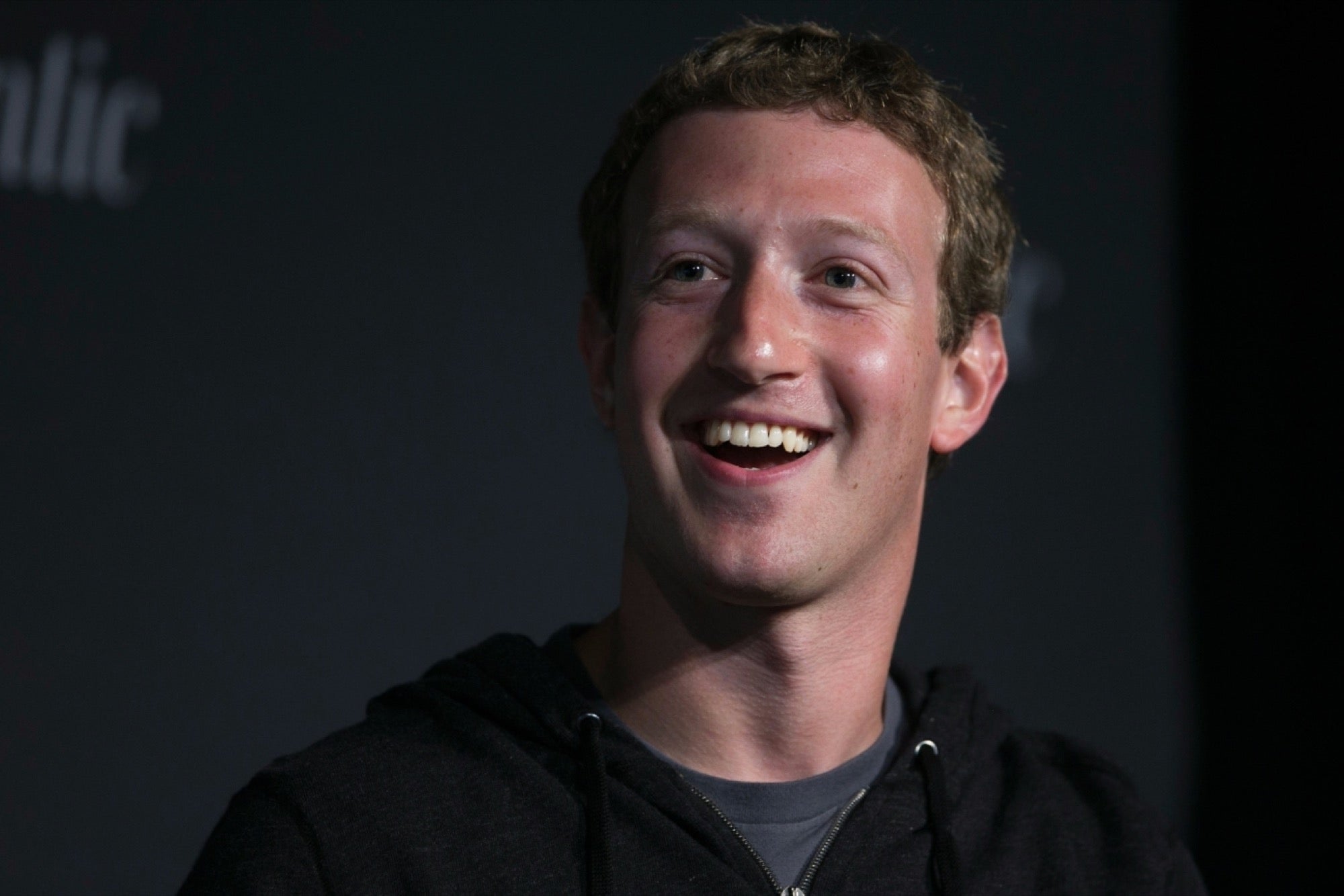
Table of Contents
The Rise of Misinformation and Political Polarization on Facebook
The Trump presidency coincided with a dramatic escalation of misinformation and political polarization on Facebook. This section explores Facebook's role in this phenomenon and Zuckerberg's initial responses.
Facebook's Role in Spreading Misinformation During the 2016 Election
The 2016 US Presidential election became a pivotal moment, highlighting Facebook's vulnerability to manipulation.
- Foreign Interference: Russian-linked entities used targeted advertising and fake accounts to spread divisive narratives and influence voter sentiment. The scale and sophistication of these campaigns raised serious concerns about the integrity of democratic processes.
- Fake News Epidemic: The platform became a breeding ground for fake news articles, often designed to emotionally manipulate users and promote specific political agendas. These articles were widely shared, reaching millions of users.
- Cambridge Analytica Scandal: The revelation that Cambridge Analytica harvested the data of millions of Facebook users to build psychographic profiles for targeted political advertising further eroded public trust and exposed significant security vulnerabilities. This event significantly impacted Facebook's trajectory and public perception.
The Amplification of Extremist Voices and the Erosion of Trust
Facebook's algorithms, designed to maximize engagement, inadvertently amplified extremist voices and contributed to the spread of conspiracy theories.
- Algorithmic Bias: The algorithm's prioritization of sensational content often favored inflammatory posts and misleading narratives over factual information, fueling online echo chambers and exacerbating political division.
- Erosion of Social Cohesion: The constant exposure to biased and divisive content contributed to the erosion of social cohesion and trust in established institutions.
- Examples of Divisive Content: The spread of QAnon conspiracy theories, anti-vaccine misinformation, and other extremist views provides stark examples of the platform's role in facilitating the dissemination of harmful content.
Zuckerberg's Initial Responses and Criticisms
Zuckerberg's initial responses to the growing crisis were widely criticized for being too slow and insufficient.
- Downplaying the Problem: Early statements often minimized the platform's role in spreading misinformation, leading to accusations of negligence and a lack of accountability.
- Inadequate Measures: The early efforts to combat misinformation were insufficient to address the scale and sophistication of the problem. This included inadequate fact-checking programs and slow responses to reports of malicious activity.
- Public Backlash: Zuckerberg faced intense criticism from politicians, the media, and the public, who demanded greater transparency and more robust measures to protect the platform from abuse.
Facebook's Evolving Strategies to Combat Misinformation
Facing mounting pressure, Facebook implemented several strategies to address the spread of misinformation.
Increased Fact-Checking Initiatives and Partnerships
Facebook partnered with third-party fact-checkers to identify and label false or misleading information.
- Fact-Checking Partnerships: Collaboration with organizations like PolitiFact and Snopes aimed to provide users with context and warnings about potentially false content.
- Challenges of Scale: Fact-checking on a platform of Facebook's size presents significant logistical and resource challenges, limiting the effectiveness of these initiatives.
- Effectiveness Analysis: The effectiveness of these fact-checking efforts remains a subject of ongoing debate, with some arguing that they have had a limited impact on the overall spread of misinformation.
Algorithm Adjustments to Reduce the Spread of Misinformation
Facebook adjusted its algorithms to prioritize credible sources and reduce the visibility of potentially misleading content.
- Prioritizing Credible Sources: Changes were made to promote high-quality news sources and reduce the algorithmic amplification of sensationalist or unreliable content.
- Free Speech vs. Misinformation: Balancing freedom of expression with the need to combat misinformation proved to be a significant challenge.
- Impact on Engagement: Algorithm changes had a complex impact on user engagement, with some users reporting decreased visibility of certain types of content.
Increased Transparency and Accountability Measures
Facebook increased transparency in political advertising and introduced measures to hold advertisers accountable for misleading content.
- Political Ad Transparency: Efforts were made to increase transparency around who is paying for political ads and the targeting parameters used.
- Accountability for Advertisers: Facebook introduced policies to hold advertisers accountable for misleading or false claims made in their advertisements.
- Preventing Future Misuse: While improvements were made, the ongoing struggle to prevent the misuse of the platform for political manipulation remains a significant challenge.
The Long-Term Impact on Facebook's Trajectory and Reputation
The events of the Trump era had a profound and lasting impact on Facebook's trajectory and its reputation.
Regulatory Scrutiny and Antitrust Investigations
Facebook faced increased regulatory scrutiny and antitrust investigations from governments worldwide.
- Government Regulation: Governments around the globe began implementing stricter regulations on social media platforms, aiming to hold them accountable for the content they host.
- Antitrust Concerns: Antitrust investigations focused on Facebook's market dominance and its potential anti-competitive practices.
- Impact on Facebook's Future: The outcomes of these investigations could significantly shape Facebook's future operations and business model.
Changes in User Behavior and Trust
The misinformation crisis led to changes in user behavior and a significant erosion of trust in Facebook.
- Decreased User Engagement: Some users reduced their engagement with the platform or switched to alternative social media sites.
- Erosion of Trust: The public's trust in Facebook's ability to manage its platform effectively suffered significantly.
- Long-Term Implications: The long-term implications for Facebook's user base, advertising revenue, and overall market position remain uncertain.
Zuckerberg's Legacy and the Future of Facebook
Zuckerberg's leadership during this period will undoubtedly shape his legacy and the future of Facebook.
- Assessing Zuckerberg's Leadership: His responses to the challenges posed by misinformation and political polarization were a defining aspect of his tenure.
- Challenges in the Digital Landscape: Facebook faces ongoing challenges in maintaining its market position and navigating the complexities of the digital landscape.
- Facebook's Future Trajectory: The future trajectory of Facebook will depend on its ability to address these ongoing challenges and rebuild trust with users and stakeholders.
Conclusion: Analyzing Facebook's Trajectory Under Zuckerberg's Leadership During the Trump Era
This analysis of Facebook's trajectory demonstrates the profound impact of Zuckerberg's leadership during the Trump era. His decisions, and the platform's responses to the challenges of misinformation and political polarization, irrevocably altered Facebook's path. The initial inadequate responses to the spread of misinformation, coupled with the Cambridge Analytica scandal, severely damaged public trust and spurred increased regulatory scrutiny. While Facebook implemented strategies to combat misinformation, the long-term consequences for its reputation, user behavior, and future trajectory remain to be seen. Understanding Facebook's trajectory is crucial to comprehending the evolving relationship between social media, politics, and democratic processes. We encourage further research into the impact of social media algorithms, the effectiveness of fact-checking initiatives, and the future of online information governance. Continue the conversation about Facebook's trajectory and the challenges facing social media platforms in the digital age.

Featured Posts
-
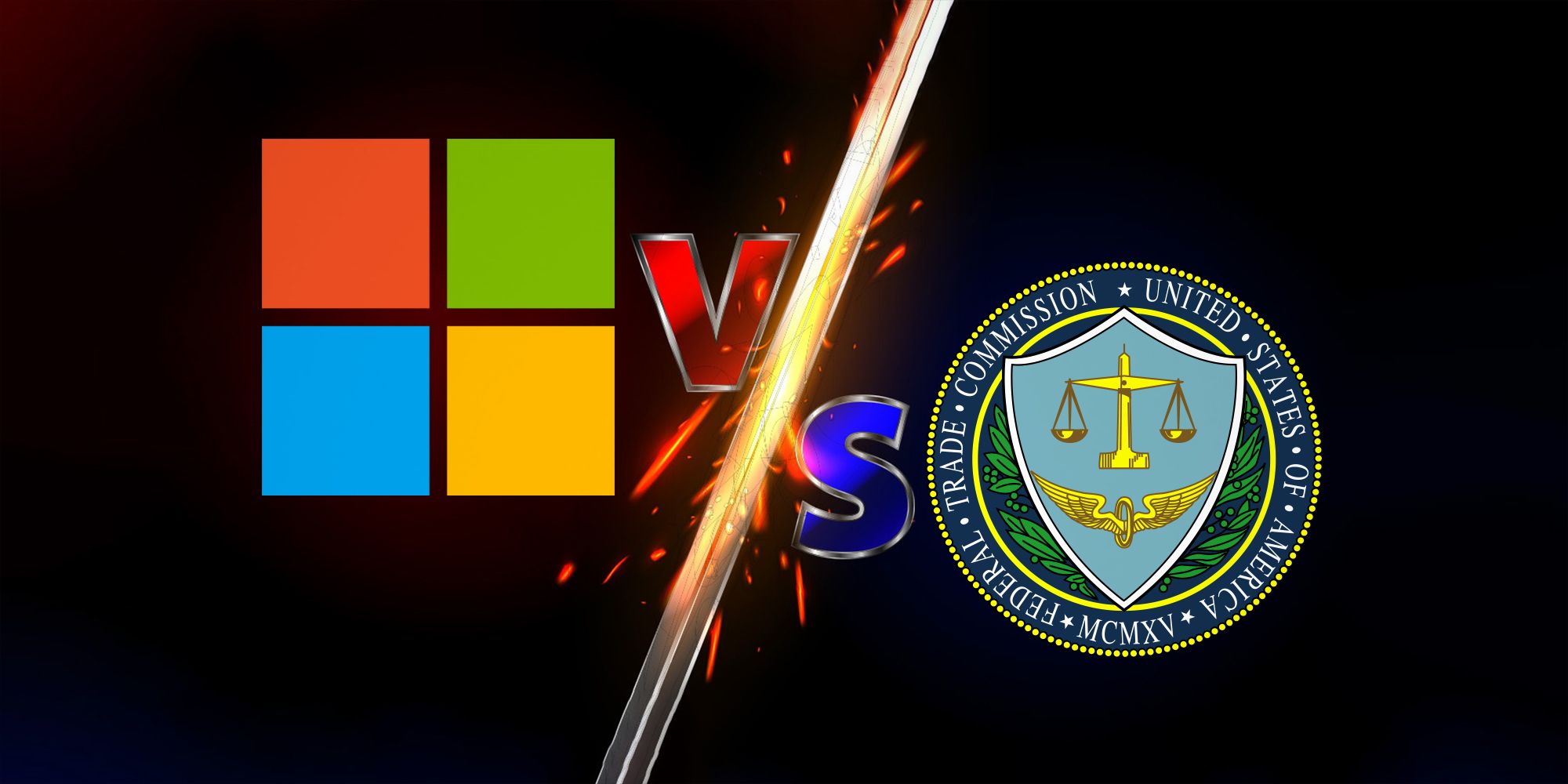 Ftc Appeals Activision Blizzard Acquisition Ruling Whats Next
Apr 25, 2025
Ftc Appeals Activision Blizzard Acquisition Ruling Whats Next
Apr 25, 2025 -
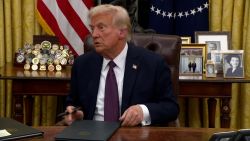 Trumps Sharp Criticism Of Putin Following Kyiv Attacks
Apr 25, 2025
Trumps Sharp Criticism Of Putin Following Kyiv Attacks
Apr 25, 2025 -
 Peace On The Dnieper A Necessary Condition For Ukrainian Reconstruction
Apr 25, 2025
Peace On The Dnieper A Necessary Condition For Ukrainian Reconstruction
Apr 25, 2025 -
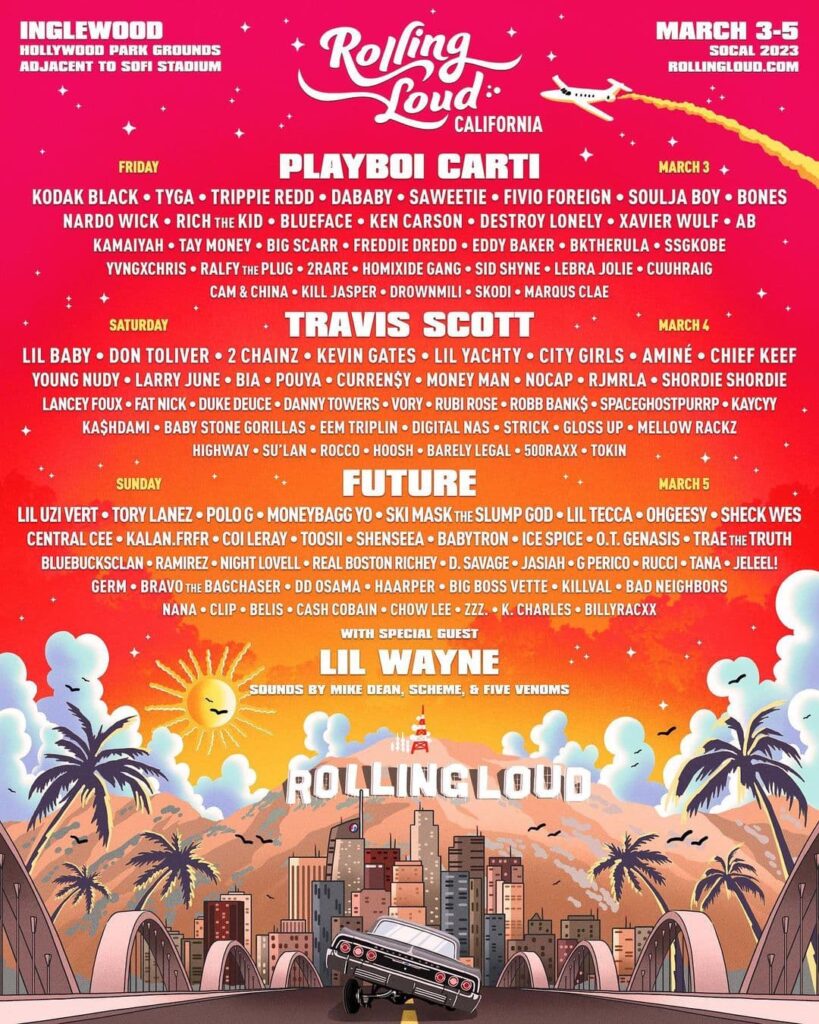 March Concert Lineup Okc Big Name Artists And Ticket Purchase Guide
Apr 25, 2025
March Concert Lineup Okc Big Name Artists And Ticket Purchase Guide
Apr 25, 2025 -
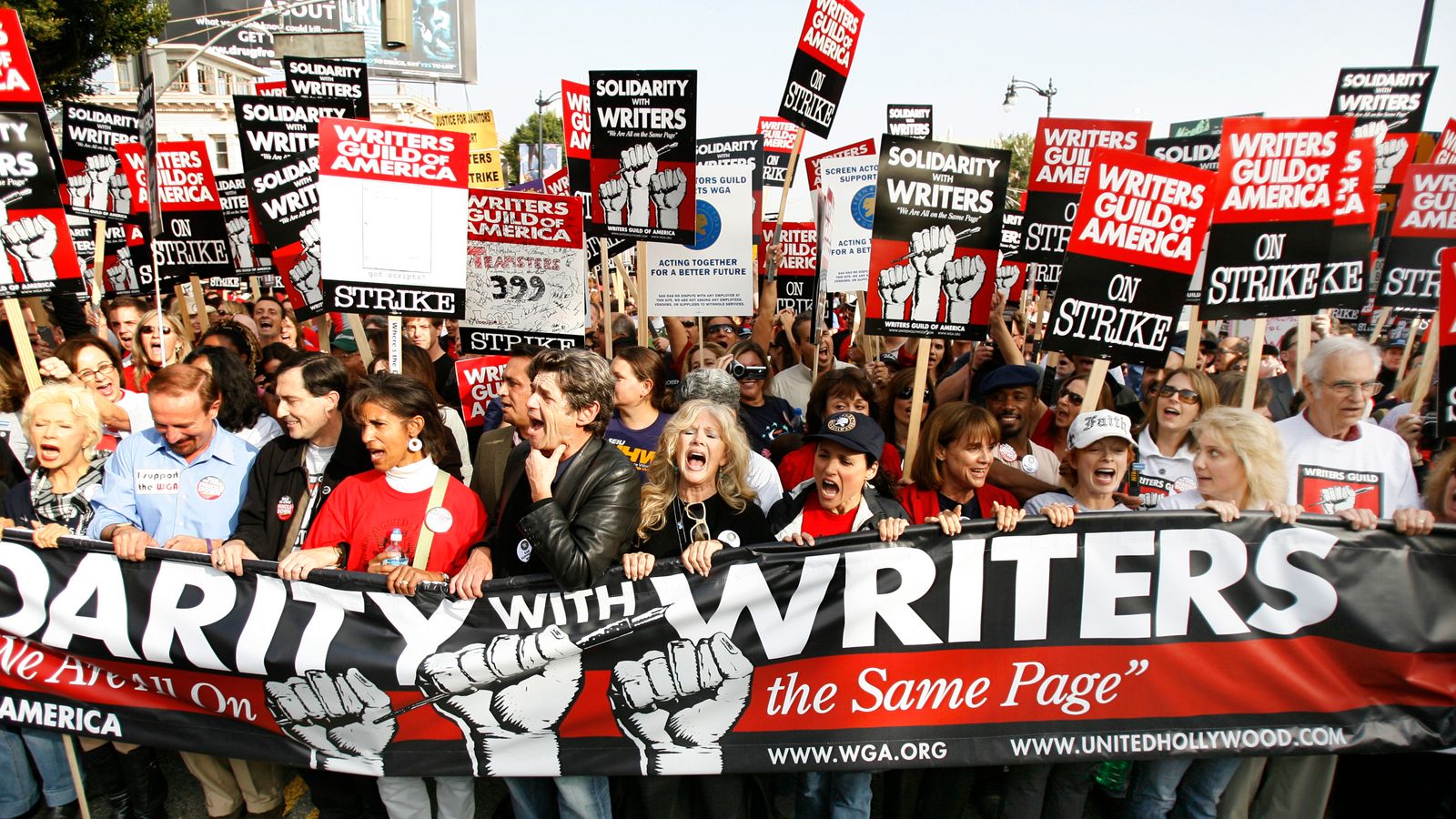 Double Trouble In Hollywood Writers And Actors Strike Impacts Film And Tv Production
Apr 25, 2025
Double Trouble In Hollywood Writers And Actors Strike Impacts Film And Tv Production
Apr 25, 2025
Latest Posts
-
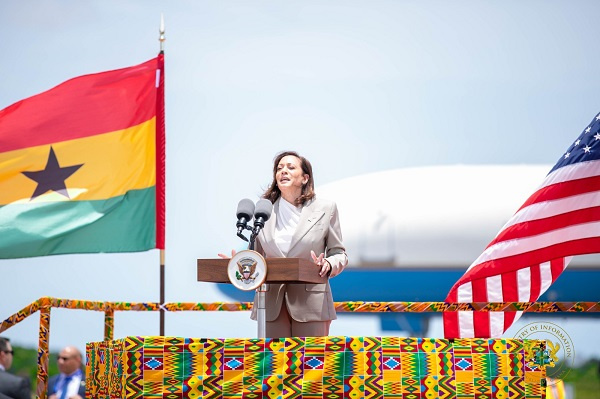 Kamala Harris Beyond The Vice Presidency
Apr 30, 2025
Kamala Harris Beyond The Vice Presidency
Apr 30, 2025 -
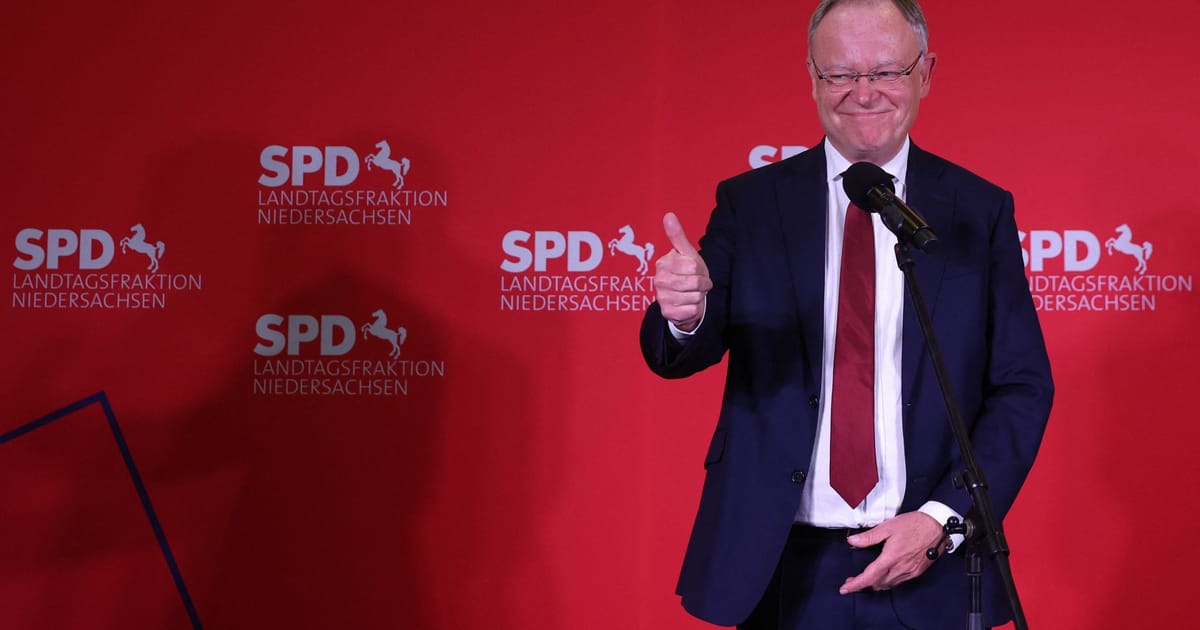 New Parliamentary Leader Chosen By Germanys Spd
Apr 30, 2025
New Parliamentary Leader Chosen By Germanys Spd
Apr 30, 2025 -
 Analysis Trumps Decision To Fire Doug Emhoff From Holocaust Council
Apr 30, 2025
Analysis Trumps Decision To Fire Doug Emhoff From Holocaust Council
Apr 30, 2025 -
 The Vice Presidency Kamala Harriss New Life
Apr 30, 2025
The Vice Presidency Kamala Harriss New Life
Apr 30, 2025 -
 Lars Klingbeil Receives Order For Animal Welfare Efforts
Apr 30, 2025
Lars Klingbeil Receives Order For Animal Welfare Efforts
Apr 30, 2025
